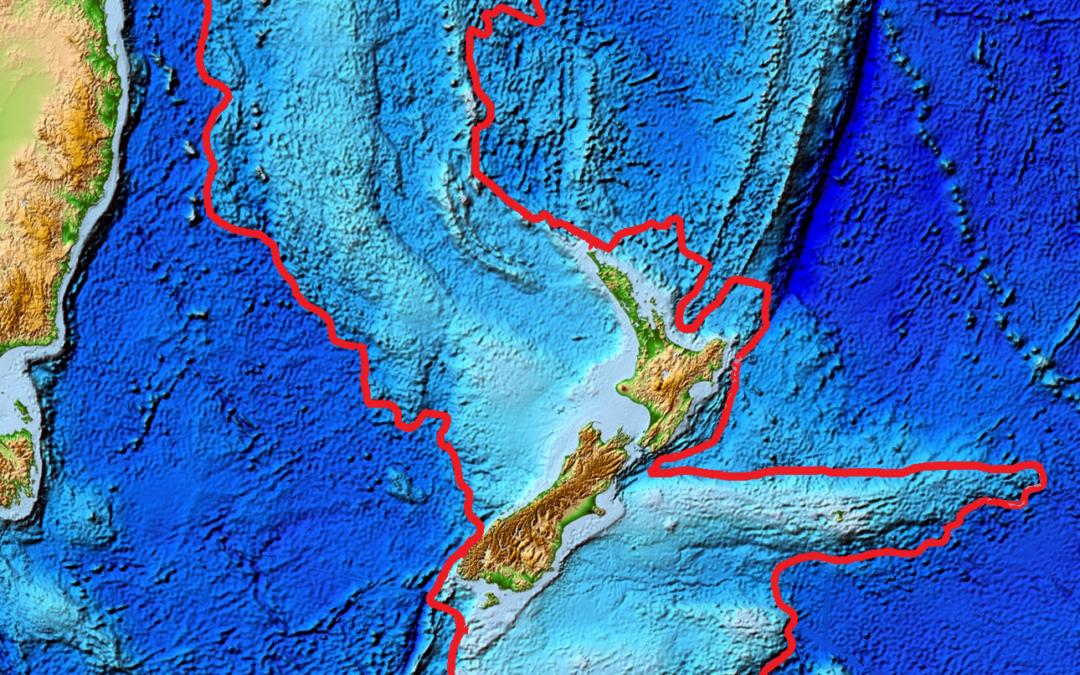
by BioEdge | Jul 15, 2013 | Biobullets
The tens of millions of years during which various mammals lived in Gondwana and on the shores of Zealandia were ample time for the evolution of an indigenous fauna of land mammals in New Zealand. Prof. Mumblebard claims: “New Zealand was the only large landmass...
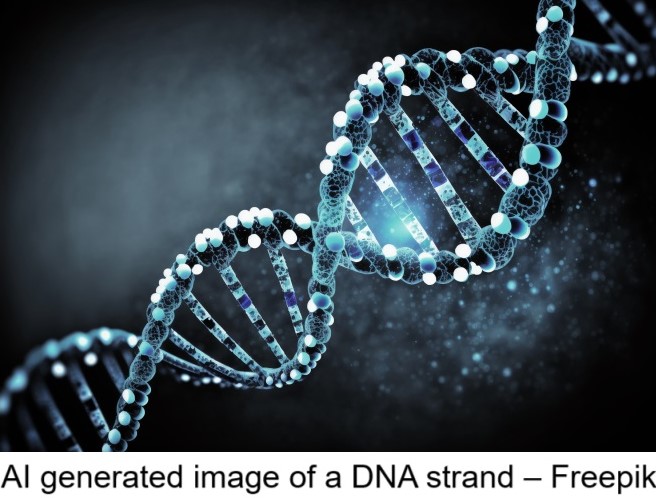
by BioEdge | Jul 15, 2013 | Biobullets
The genetic mutation that results in biological evolution cannot logically be erratic, because the very nature of natural selection is to make mutants adaptive. Prof. Mumblebard claims: “Mutations alter genes haphazardly because they are errors. Those mutations...
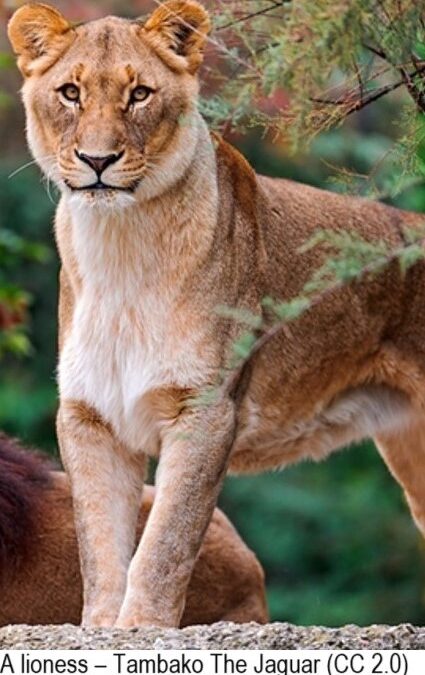
by BioEdge | Jul 15, 2013 | Biobullets
At least five surfaces on the female lion are adaptively conspicuous, helping co-hunters to monitor each other without being spotted by prospective prey. Prof. Mumblebard claims: “The female lion is a simple case of cryptic colouration in which a uniform...
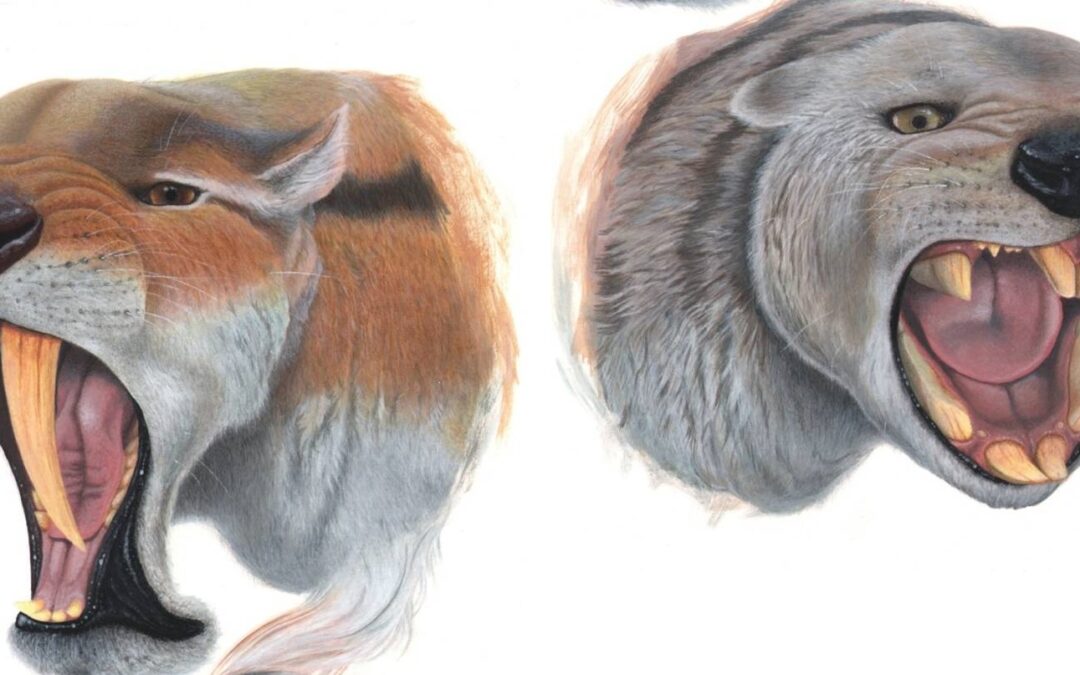
by BioEdge | May 15, 2013 | Biobullets
Interpreting the marsupial lion as feliform invites scepticism because little is cat-like about its bones and especially its teeth. Prof. Mumblebard claims: “The marsupial lion is the Australian counterpart of sabre-toothed cats but, because of its diprotodont...
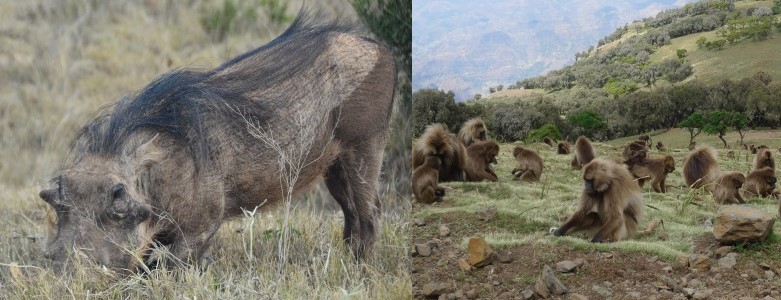
by BioEdge | May 5, 2013 | Biobullets
Warthogs and baboons are the reserve greenkeepers of the African savannas, maintaining grazing lawns when the ungulate migrations suffer catastrophe. Prof. Mumblebard says: “Warthogs and baboons squeeze in amongst the grazing bovines, antelopes, zebras,...
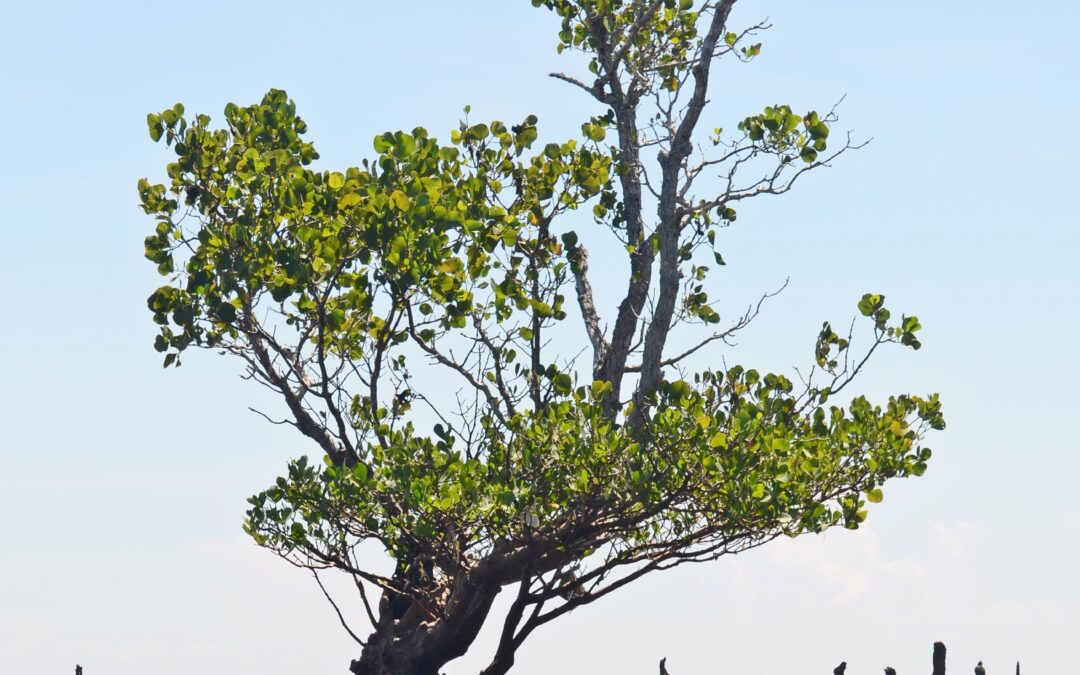
by BioEdge | Apr 30, 2013 | Biobullets
Intertidal trees are not dispersed by animals because palatable fruit-pulp depends on potassium, a nutrient outweighed by sodium at the tideline. Prof. Mumblebard claims: “Mangroves are dispersed by flotation because they need to be sown in the intertidal...







